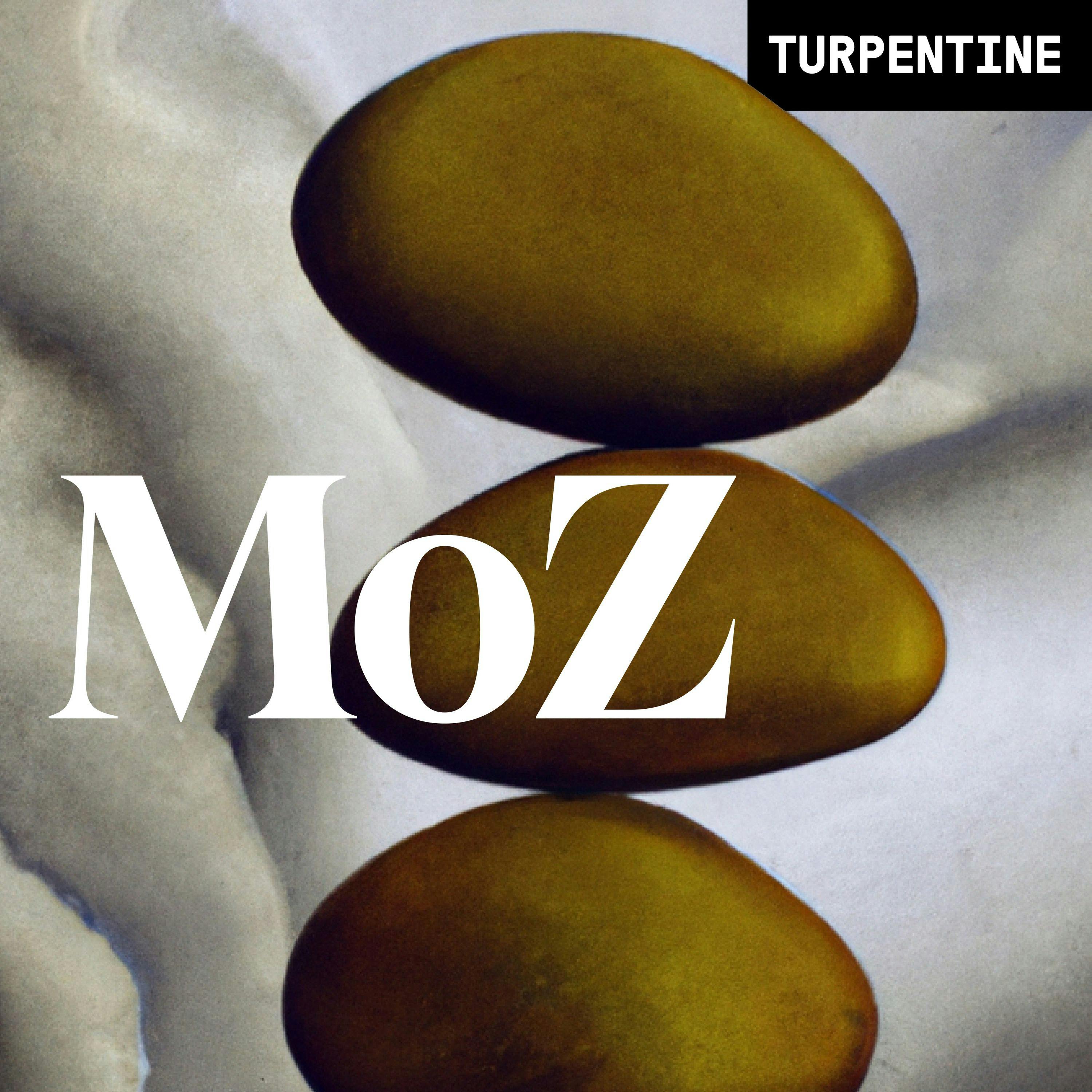
Shownotes Transcript
As China surges past the combined manufacturing might of Western democracies, economists Scott Sumner and Noah Smith square off on America's industrial future. While agreeing on economic fundamentals, they clash over the gravity of China's rise - Sumner advocating measured engagement while Smith warns of an unprecedented shift in global power requiring bold policy action.
—
📰 Be notified early when Turpentine's drops new publication: https://www.turpentine.co/exclusiveaccess
🙏 Help shape our show by taking our quick listener survey at https://bit.ly/TurpentinePulse
—
SPONSOR: ORACLE | NETSUITE | SHOPIFY | ADQUICK
☁️ Oracle Cloud Infrastructure (OCI) is a single platform for your infrastructure, database, application development, and AI needs. OCI has four to eight times the bandwidth of other clouds and offers one consistent price. Oracle is offering to cut your cloud bill in half. See if your company qualifies at https://oracle.com/turpentine/)
Over 41,000 businesses trust NetSuite by Oracle, the #1 cloud ERP, to future-proof their operations. With a unified platform for accounting, financial management, inventory, and HR, NetSuite provides real-time insights and forecasting to help you make quick, informed decisions. Whether you're earning millions or hundreds of millions, NetSuite empowers you to tackle challenges and seize opportunities. Download the free CFO's guide to AI and machine learning at https://netsuite.com/zen).
Shopify is the world's leading e-commerce platform, offering a market-leading checkout system Shoppay and exclusive AI apps. Nobody does selling better than Shopify. Get a $1 per month trial at https://shopify.com/momentofzen)
—
RECOMMENDED PODCAST:
Check out Modern Relationships, where Erik Torenberg interviews tech power couples and leading thinkers to explore how ambitious people actually make partnerships work. This season's guests include: Delian Asparouhov & Nadia Asparouhova, Kristen Berman & Phil Levin, Rob Henderson, and Liv Boeree & Igor Kurganov.
Apple: https://podcasts.apple.com/us/podcast/id1786227593)
Spotify: https://open.spotify.com/show/5hJzs0gDg6lRT6r10mdpVg)
YouTube: https://www.youtube.com/@ModernRelationshipsPod)
—
HIGHLIGHTS:
Core Agreement Areas:
Both are skeptical of partisan justifications for industrial policy (Democrats' "good jobs" focus and Republicans' "America First" stance)
Both agree liberalization, not industrial policy, drove China's rapid growth
Both support deregulation as a form of industrial policy, especially in housing and healthcare
Both acknowledge that industrial policy can work in specific cases but implementation details matter greatly
Climate Change & Green Tech:
Sumner argues Biden's green subsidies were undermined by trade barriers against Chinese EVs/solar
Smith counters that China's industrial policy in green tech has actually helped global climate goals by scaling production and reducing costs
Central Point of Disagreement - China Threat:
Sumner sees Russia as the bigger immediate threat and warns against needlessly antagonizing China
Smith argues we've entered a new era where China's manufacturing dominance (especially in military-relevant technologies like drones and batteries) fundamentally threatens democratic nations
Biden vs Trump Policy Results:
Both criticize Trump's tariffs as ineffective
Smith points to success of Biden's CHIPS Act and IRA in boosting domestic manufacturing of critical technologies
Sumner suggests many industrial policies are based on misconceptions about macroeconomics
Manufacturing Strategy:
Sumner advocates addressing trade deficits through fiscal policy and savings rates
Smith emphasizes the need to maintain manufacturing parity in specific dual-use technologies
They differ on whether total manufacturing capacity or specific industrial capabilities matter more for national security